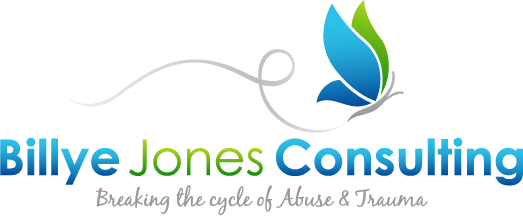When I facilitate training every time I mention talking to children about consent, people often become visibly uncomfortable. I’m not sure how this happened, but when we think of consent, it usually takes on a sexual connotation. Because we hold on to this belief, we are missing a critical conversation with our children. Dictonary.com defines consent as permission, approval, or agreement; compliance; acquiescence: Based on this definition there is nothing sexual about teaching children consent. Having this conversation requires us just to teach our children they must ask permission to touch, hug, roughhouse, or wrestle with other children. I am surprised how “handsy” children with each other throughout the day. It surprises me how much children engage with other children without saying excuse me, asking permission, or considering another child’s feelings. This example may seem like a petty concern to have but multiple years and thousands of interactions where consent is not asked for or given leaves up with adults who do not believe they must ask for consent for any reason.
Teaching children about consent doesn’t only mean we are talking to our children about other children, we also speak to them about them giving consent to older youth, adults and authority figures in their lives. For some reason, many of us don’t believe adults must ask children for consent. Our defense is children don’t have the judgment, or we would lose control of our kids. As a result, children are often told to hug, kiss, keep secrets, not follow the rules, or do things that make them uncomfortable. These things may not necessarily have anything to do sexual abuse per se but may at minimum violate a child’s boundaries.
If you still don’t get what I am talking about, I would like you to do a quick consent exercise that I have given in training.
• How old were you and in what context did you learn about consent?
• Give three examples of when you had to give consent recently?
• Give three examples of when you didn’t give consent recently (non-sexual)
When I give this exercise, I specifically instruct people not to disclose sexual abuse or provide examples related to sexual activity. I do this just to highlight how much we take consent for granted or how little we think about it. People often have strong responses. What answers did you come up with?
Teaching children about consent is a powerful tool that if taught correctly and spoken too about often will be a critical skill they will have for a lifetime.
Photo by Rene Bernal on Unsplash

